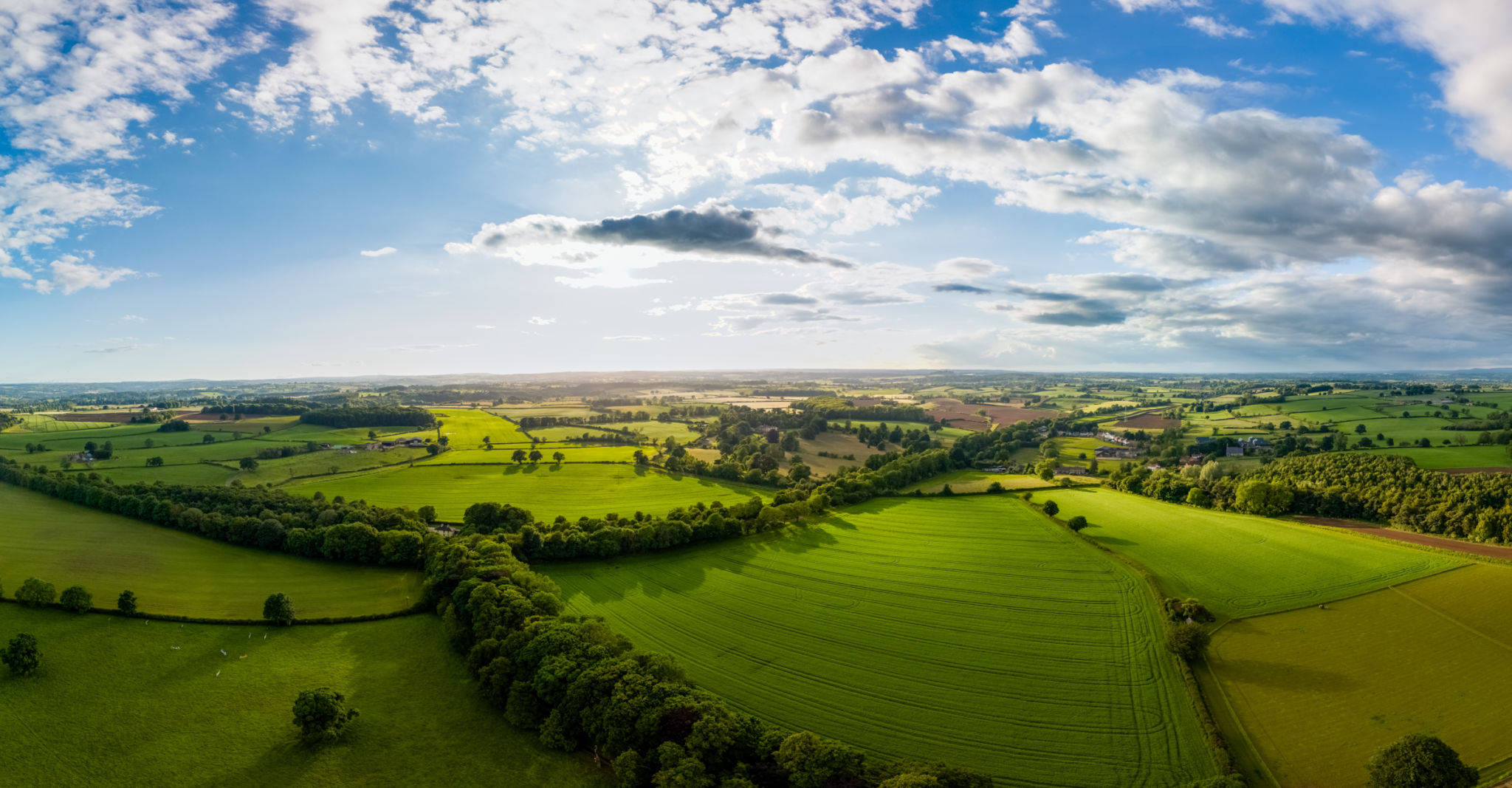A Comprehensive Guide to Eco-Friendly Farming Methods in Malawi
LW
Understanding Eco-Friendly Farming
Eco-friendly farming, also known as sustainable agriculture, is an approach that aims to produce food in a way that preserves the environment, supports biodiversity, and enhances soil health. In Malawi, where agriculture is a cornerstone of the economy, adopting sustainable practices is crucial for ensuring food security and economic stability.
Traditional farming methods often rely heavily on chemical fertilizers and pesticides, which can degrade soil quality and harm local ecosystems. Eco-friendly farming methods offer viable alternatives that promote long-term agricultural productivity.

Soil Conservation Techniques
One of the fundamental aspects of eco-friendly farming in Malawi is soil conservation. Healthy soil is vital for crop growth and maintaining ecosystem balance. Techniques such as crop rotation, cover cropping, and reduced tillage help maintain soil structure and fertility.
Crop rotation involves planting different crops in a sequence to prevent nutrient depletion and disrupt pest and disease cycles. Cover crops, like legumes or grasses, are planted during off-seasons to protect soil from erosion and improve organic matter content. Reduced tillage minimizes soil disturbance, helping to preserve soil moisture and reduce erosion.
Composting and Organic Fertilizers
Using organic fertilizers is another essential practice in eco-friendly farming. Composting agricultural waste and household organic matter creates nutrient-rich fertilizers that enhance soil fertility without the negative impacts of chemical fertilizers.

Farmers can create compost piles using crop residues, animal manure, and kitchen scraps, which decompose over time to form humus. This process not only reduces waste but also enriches the soil with essential nutrients.
Water Management Strategies
Water scarcity is a significant issue in Malawi. Efficient water management is crucial for sustainable agriculture. Techniques such as rainwater harvesting, drip irrigation, and mulching help optimize water use in farming.
Rainwater harvesting involves collecting and storing rainwater for irrigation. Drip irrigation delivers water directly to plant roots, reducing evaporation and water waste. Mulching involves covering the soil with organic materials to retain moisture and suppress weed growth.

Agroforestry Practices
Agroforestry combines agriculture with tree planting to create a more diversified and resilient farming system. Trees provide shade, improve soil fertility through leaf litter, and act as windbreaks to protect crops.
- Shade trees: Protect crops from excessive heat.
- Fruit trees: Offer additional sources of income and nutrition.
- Nitrogen-fixing trees: Enhance soil fertility by adding nitrogen to the soil.
The Role of Indigenous Knowledge
Indigenous knowledge plays a vital role in eco-friendly farming methods in Malawi. Local farmers have developed traditional practices passed down through generations that are well-suited to the region's specific climate and terrain.
By integrating modern sustainable techniques with indigenous knowledge, Malawian farmers can create robust systems that enhance productivity while preserving cultural heritage.

Conclusion: A Sustainable Future
Adopting eco-friendly farming methods in Malawi is not just about preserving the environment; it’s about securing a future where agriculture continues to thrive. By embracing practices like soil conservation, water management, agroforestry, and leveraging indigenous knowledge, Malawian farmers can achieve sustainable growth.
These methods not only benefit the environment but also improve yields and quality of life for farmers, paving the way for a more resilient agricultural sector in Malawi.
